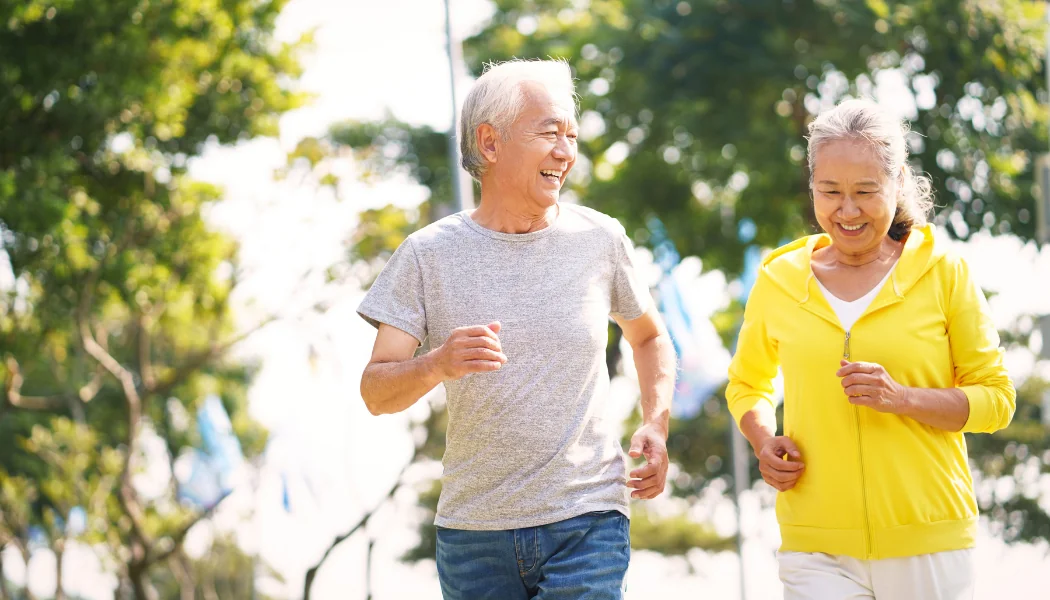Genetic Predisposition vs. Healthy Living: Which Impacts Cancer Risk More?

Some people develop cancer based merely on their genetics, while others form cancer due to various lifestyle factors. However, according to new research, these two causes are more closely connected than we previously realized.
What the Research is Saying
In this study, the research team explored ways to expand the polygenic risk scores (PRS), a tool used to estimate an individual’s risk of developing a particular cancer. PRS assesses the individual and a specific cancer type before estimating their likelihood of developing that cancer. It is a fantastic tool but, as the research team pointed out, quite limiting when there are hundreds of types of cancers.
The team created the cancer polygenic risk score (CPRS) to overcome this limitation. This system takes a broader approach, exploring an individual’s genetic risk of any cancer. Using the CPRS, the researchers analyzed the genetic information from nearly half a million participants. The team also accounted for lifestyle factors that may influence risk, including smoking, alcohol consumption, body mass index (BMI), exercise habits, and diet. They ranked these factors from unfavorable (few healthy factors) to favorable (four or more healthy factors).
Their research found that individuals with the lowest genetic risk but unfavorable habits were still two to three times more likely to develop cancer than those with favorable habits.
For individuals with a higher genetic risk for cancer, 7.23% of men and 5.77% of women with unfavorable lifestyles were diagnosed with cancer within five years, compared to 5.51% and 3.69% of women, respectively, with favorable lifestyles.
These significant findings suggest that healthy (or favorable) habits actually can reduce one’s risk, even of genetic cancer. The study’s lead author explained the importance of this conclusion, stating that many people possess a genetic risk for at least one type of cancer.
Reducing Cancer Risk with Healthy Habits
Common cancers that appear to have a genetic component include breast cancer, bowel cancer, stomach cancer, and prostate cancer. Fortunately, each of these cancers, which often have a genetic component, can also be reduced by healthy habits.
The risk of breast cancer, for example, increases with obesity. Individuals can lower their risk by maintaining a healthy weight through a nutritious diet and regular exercise. Alcohol consumption can also increase one’s risk. Studies show that women who drink 3-6 alcoholic drinks per week increase their risk by 15%. Similarly, men can have high estrogen levels due to being heavy users of alcohol. Alcohol can limit the liver’s ability to regulate blood estrogen levels, thus increasing their cancer risk.
People with a genetic risk of bowel cancer may be able to reduce their risk by following a low-fat diet and avoiding tobacco smoke. Similarly, those predisposed to stomach cancer should maintain a healthy weight through a diet packed with fresh vegetables and kicking any smoking habits to the curb. Even the risk of prostate cancer can be reduced through a proper diet!
Need Inspiration for Living a Healthy Life?
Trust us; you’re not alone! It can be overwhelming to break down what a ‘healthy’ diet means. Luckily, the National Foundation for Cancer Research (NFCR) has created a YouTube channel to make healthy living more accessible. Check out the NFCR Cancer-Fighting Lifestyle Channel to start and stick with a healthy lifestyle today.
February is National Cancer Prevention Month, NFCR encourages you to explore healthy living tips on our blog and let us know what you are doing to stay healthy and active!












